Daesh’s military activity first began in Syria with the help of Saudi Arabia. Daesh, an extremist group, managed to seize parts of northern Syria and seize almost the entire province of Raqqa, and destroyed the country’s religious and historical sites. Then invaded Iraq at the same time as the military operation in Syria and succeeded in capturing Ramadi and Fallujah, the capital of Anbar province in Iraq.
The Islamic Republic of Iran was the first country to respond to the Iraqi government’s request for international assistance in the fight against Daesh. Dozens of Iranian military commanders later joined Iraqi forces on the battlefields north and south of Baghdad.
The message of the glorious commander of the Islamic Revolutionary Guard Corps, Maj. Gen. Qasem Soleimani, to ISIL terrorists after the occupation of Iraq was: “If your feet reach the shrine of Imam Hussein (PBUH), with the permission of the Commander-in-Chief of IRGC, the Grand Ayatollah Imam Khamenei, we will mark a new Karbala that has not seen history, and we will offer the noon prayer with the soldiers of Imam Khamenei in Baqī.”
Before 2013, in the days of Safar and Arbaeen Hosseini, Iran’s exit borders with Iraq had many problems, crossing the Mehran border was limited and there was no procession in the border areas. Pilgrims postponed obtaining visas to the border and obtained visas by paying dollars. This had led to a high density of pilgrims at the borders. This led to the formation of the permanent headquarter of Arbaeen with the help and guidance of Qasem Soleimani.
The Arbaeen Hosseini March was one of the movements in which, despite much opposition and some excuses, such as rationing of participation, he believed that the borders should be open to all people and that anyone who was willing and able should be sent. He cared about the dignity of the pilgrims and emphasized the creation of Arbaeen processions and welfare places for the pilgrims.
In a speech on February 16, 2014, Major General Qasem Soleimani, Commander of the Quds Force of the Islamic Revolutionary Guard Corps, described the Arbaeen March as a “great Shiite maneuver in Arbaeen” and interpreted it as follows: This 20 million maneuver in Imam Hussein’s Arbaeen is indescribable. ..This is our power. This is a religious demonstration of 20 million Shiites; this is our show more than an armed parade that is going to show.
Daesh was present in Iraq in those years, and the officials of the Arbaeen headquarter at that time had direct contact with Qasem Soleimani and were reporting problems to him. In the midst of the war with Daesh, General Soleimani was fully aware of the conditions of Iran’s exit borders and was concerned about the pilgrims. After initial reports from the border, he entered into negotiations with the Iraqi side, reducing visa fees to one dollar, which people could also pay in Rial.
Due to this, the crowd of pilgrims increased on the border, and the report reached to Soleimani. This time, the influence of Soleimani’s words and the kind of interaction they had with the Iraqi authorities led to the abolition of the Arbaeen visa.
In 2014, Daesh had set up a base in an area called Jurf al-Sakhar on the way from Najaf to Karbala, and had military supervision on pilgrims, and could take them under its artillery. For this reason, Gen. Soleimani ordered an operation in Jurf al-Sakhar, and a week before the start of the march, a successful operation was carried out in this area, and while liberating the area, ISIL was severely defeated. Thus, the security of the Arbaeen pilgrims was ensured.
The Washington Post later reported that the Iraqi government had said: in a two-day operation that it had liberated Jurfa al-Sakhar, an 80,000 population town 40 miles southwest of the capital, which could have posed many dangers to Karbala, in this liberation, “General Qasem Soleimani” was also presented (as advisor).
A website wrote about the liberation of Jorfah al-Sakhar: The “anti-ISIS coalition” played no role in the fight against terrorism, but “General Soleimani” and “Iraqi forces” liberated the strategic city of Jurfa al-Sakhar.
In the same days, ISIS captured Fallujah, and reached near Baghdad, everyone in Iraq and Iran was worried; It was even suggested that the places related to the Hajj and Pilgrimage Organization in Baghdad be evacuated and transferred to Karbala or Najaf and that the pilgrims’ flights should be canceled.
On the night of the capture of Fallujah, Qasem sat behind the truck and attacked the enemy line, this caused a strange movement between Hashad al-Shaabi and the Iraqi army. Eventually, Daesh’s advance stopped, and then the Daesh retreat and the Iraqi Popular Mobilization Forces victories began. Since then, Arbaeen pilgrims have participated in this great Husseini gathering every year with more peace and security than the previous year, and the Arbaeen walk has become known in the world, so much so that many people around the world, even non-Muslims, come to this huge gathering to watch closely.
0
The Islamic Republic of Iran was the first country to respond to the Iraqi government’s request for international assistance in the fight against Daesh. Dozens of Iranian military commanders later joined Iraqi forces on the battlefields north and south of Baghdad.
The message of the glorious commander of the Islamic Revolutionary Guard Corps, Maj. Gen. Qasem Soleimani, to ISIL terrorists after the occupation of Iraq was: “If your feet reach the shrine of Imam Hussein (PBUH), with the permission of the Commander-in-Chief of IRGC, the Grand Ayatollah Imam Khamenei, we will mark a new Karbala that has not seen history, and we will offer the noon prayer with the soldiers of Imam Khamenei in Baqī.”
Before 2013, in the days of Safar and Arbaeen Hosseini, Iran’s exit borders with Iraq had many problems, crossing the Mehran border was limited and there was no procession in the border areas. Pilgrims postponed obtaining visas to the border and obtained visas by paying dollars. This had led to a high density of pilgrims at the borders. This led to the formation of the permanent headquarter of Arbaeen with the help and guidance of Qasem Soleimani.
The Arbaeen Hosseini March was one of the movements in which, despite much opposition and some excuses, such as rationing of participation, he believed that the borders should be open to all people and that anyone who was willing and able should be sent. He cared about the dignity of the pilgrims and emphasized the creation of Arbaeen processions and welfare places for the pilgrims.
In a speech on February 16, 2014, Major General Qasem Soleimani, Commander of the Quds Force of the Islamic Revolutionary Guard Corps, described the Arbaeen March as a “great Shiite maneuver in Arbaeen” and interpreted it as follows: This 20 million maneuver in Imam Hussein’s Arbaeen is indescribable. ..This is our power. This is a religious demonstration of 20 million Shiites; this is our show more than an armed parade that is going to show.
Daesh was present in Iraq in those years, and the officials of the Arbaeen headquarter at that time had direct contact with Qasem Soleimani and were reporting problems to him. In the midst of the war with Daesh, General Soleimani was fully aware of the conditions of Iran’s exit borders and was concerned about the pilgrims. After initial reports from the border, he entered into negotiations with the Iraqi side, reducing visa fees to one dollar, which people could also pay in Rial.
Due to this, the crowd of pilgrims increased on the border, and the report reached to Soleimani. This time, the influence of Soleimani’s words and the kind of interaction they had with the Iraqi authorities led to the abolition of the Arbaeen visa.
In 2014, Daesh had set up a base in an area called Jurf al-Sakhar on the way from Najaf to Karbala, and had military supervision on pilgrims, and could take them under its artillery. For this reason, Gen. Soleimani ordered an operation in Jurf al-Sakhar, and a week before the start of the march, a successful operation was carried out in this area, and while liberating the area, ISIL was severely defeated. Thus, the security of the Arbaeen pilgrims was ensured.
The Washington Post later reported that the Iraqi government had said: in a two-day operation that it had liberated Jurfa al-Sakhar, an 80,000 population town 40 miles southwest of the capital, which could have posed many dangers to Karbala, in this liberation, “General Qasem Soleimani” was also presented (as advisor).
A website wrote about the liberation of Jorfah al-Sakhar: The “anti-ISIS coalition” played no role in the fight against terrorism, but “General Soleimani” and “Iraqi forces” liberated the strategic city of Jurfa al-Sakhar.
In the same days, ISIS captured Fallujah, and reached near Baghdad, everyone in Iraq and Iran was worried; It was even suggested that the places related to the Hajj and Pilgrimage Organization in Baghdad be evacuated and transferred to Karbala or Najaf and that the pilgrims’ flights should be canceled.
On the night of the capture of Fallujah, Qasem sat behind the truck and attacked the enemy line, this caused a strange movement between Hashad al-Shaabi and the Iraqi army. Eventually, Daesh’s advance stopped, and then the Daesh retreat and the Iraqi Popular Mobilization Forces victories began. Since then, Arbaeen pilgrims have participated in this great Husseini gathering every year with more peace and security than the previous year, and the Arbaeen walk has become known in the world, so much so that many people around the world, even non-Muslims, come to this huge gathering to watch closely.
0

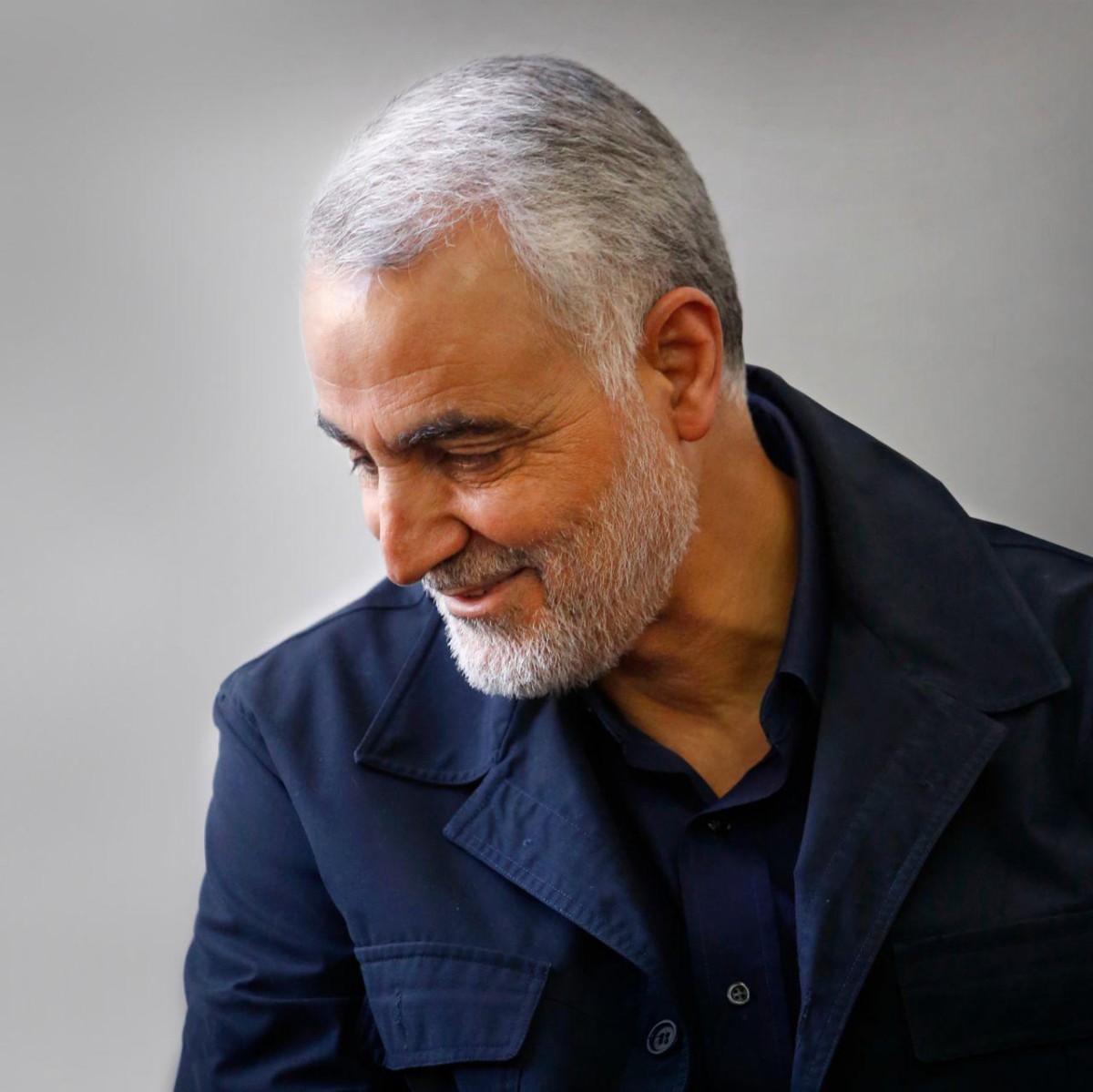
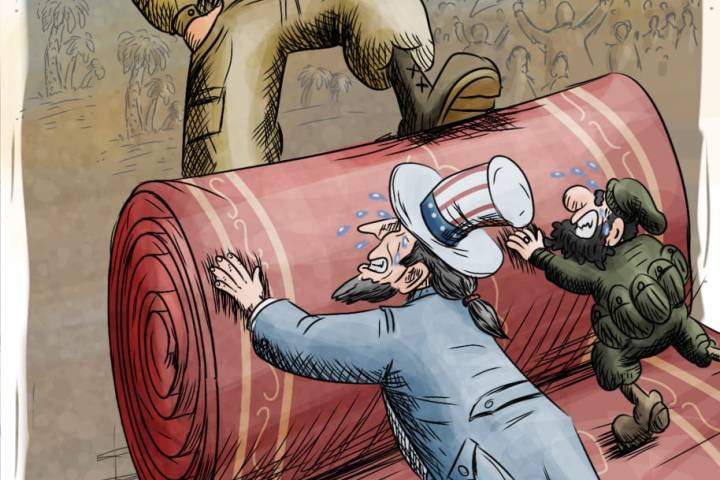
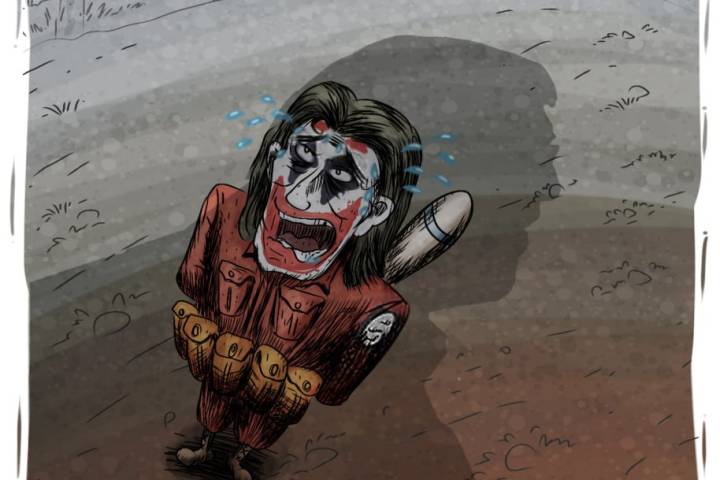
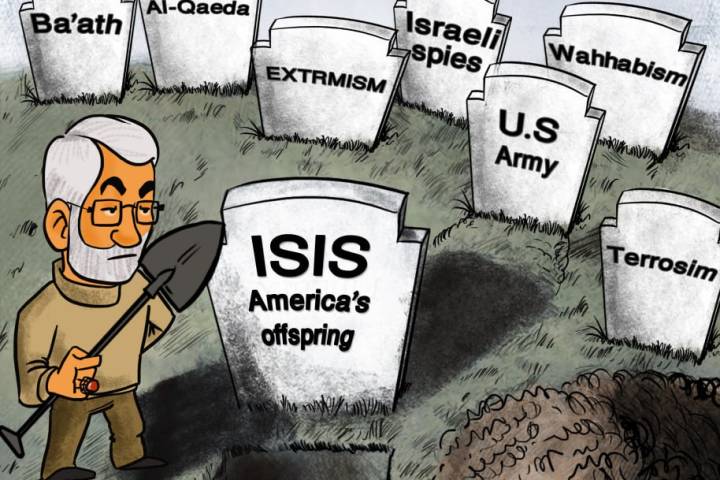
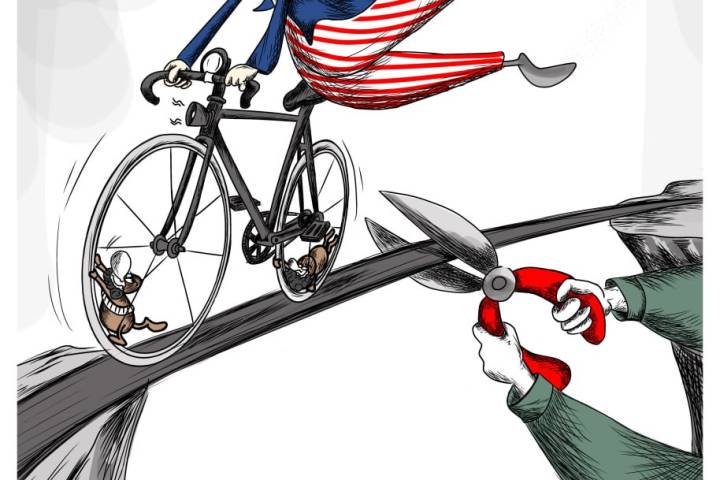
Comment
Post a comment for this article